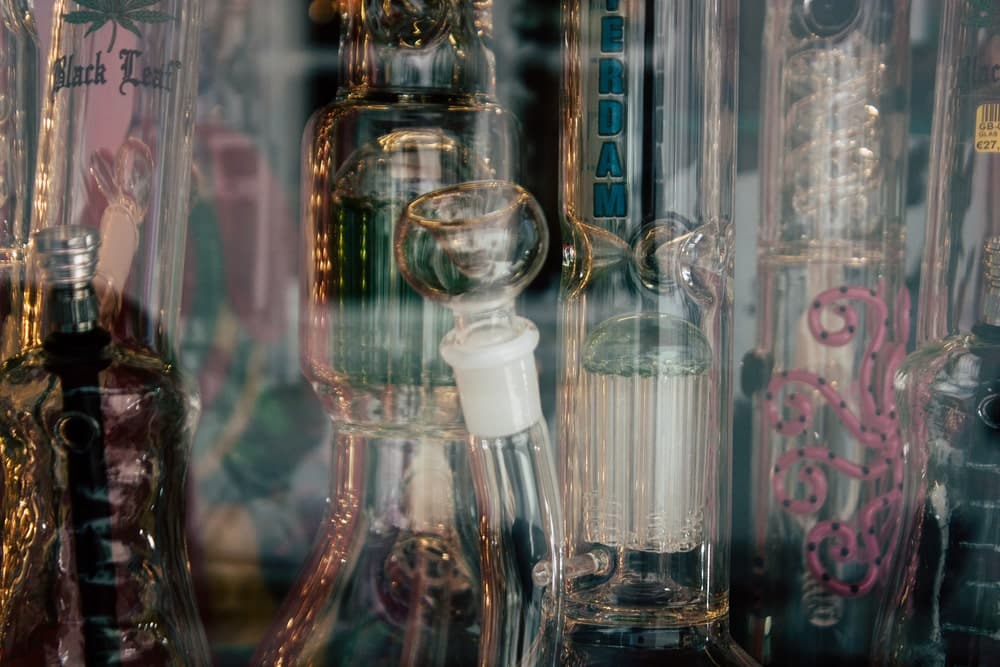Call 207-571-8146 or contact us online to schedule a consult with one of our highly skilled OUI/DUI & criminal defense attorneys, serving Maine, today.
Table of Contents
Examples of Drug Paraphernalia Charges in Maine
Possession of drug paraphernalia is a civil offense for which no less than a fine of $300.00 may be assessed, and none of which may be suspended by the court. With surcharges and assessments, that equates to a minimum of $380.00.
Examples of drug paraphernalia include roach clips, straws, blenders for mixing drugs, cocaine spoons and vials, bongs and bowls for smoking marijuana, rolling papers, scales and testing equipment and any type of container used to conceal the existence of the drug. If these items are found during a search of your person or car, the items will be confiscated, and you will be summonsed to appear in court.
In Maine, when you’ve been charged with a civil violation, you’ll be assigned an arraignment date, just as if you’d been charged with a crime. At the arraignment, you’ll be asked to admit (guilty) or deny (not guilty) the charge. If you admit, the case will end and you’ll be assessed a fine. Payment plans can be set with the court at this time. If you deny the allegation, the court will set your case for trial and give you a court date. Since the charge is a civil offense and therefore, no risk of jail, you are not entitled to a court-appointed attorney. Instead, you will have to represent yourself or retain a Maine defense lawyer at your own expense.
Once the trial date arrives, the State will be responsible for introducing evidence in the form of police officer testimony and will have to produce the actual drug paraphernalia seized so that the court may examine it. You’ll have an opportunity to cross-examine the police officer and introduce evidence of your own at the trial.
Because the charge is civil in nature, the burden of proof is very different than in criminal cases. In a criminal case, the State has the burden of proof and must prove that their case by proof beyond a reasonable doubt. That means they must show that the charges are true, to a moral certainty.
In a civil trial, the standard of proof is proof by a preponderance of the evidence. Therefore, the State need only prove that the charges are more likely than not, true. Think of the scales of justice, if the State tips those scales ever so slightly in its favor, you lose. The preponderance of the evidence is the lowest standard of proof in our legal system.
Call 207-571-8146 or contact us online to schedule a consult with one of our highly skilled OUI/DUI & criminal defense attorneys, serving Maine, today.
Criminal Sale of Drug Paraphernalia in Maine
If you sell or furnish, which means to make available, drug paraphernalia to another person, in Maine, that’s a criminal offense. It’s one thing to possess drug paraphernalia, it’s another thing to provide or sell drug paraphernalia to another. Criminal drug paraphernalia offenses in Maine are defined as follows:
- If you sell or furnish drug paraphernalia to a person under the age of 16, that’s a class D misdemeanor for which you can be jailed for up to 364 days and fined a maximum of $2,000.00
- If you sell or furnish drug paraphernalia to a person 16 years old or older, that’s a class E misdemeanor for which you can be jailed up to 6 months and fined a maximum of $1,000.00
Unlike civil offenses, criminal sale of drug paraphernalia charges entitle you to a jury trial and if you can’t afford an attorney and there is a risk of jail, the court will appoint you a drug crime defense lawyer. Like all other criminal cases, the standard of proof in these cases is proof beyond a reasonable doubt.
Contact a Sale of Drug Paraphernalia Defense Lawyer in Maine
If you’ve been charged in Maine with Possession or Sale of Drug Paraphernalia, don’t go it alone. You need the help of an experienced drug crimes defense attorney. Contact The Maine Criminal Defense Group now!
Call 207-571-8146 or contact us online to schedule a consult with one of our highly skilled OUI/DUI & criminal defense attorneys, serving Maine, today.
Blog Posts
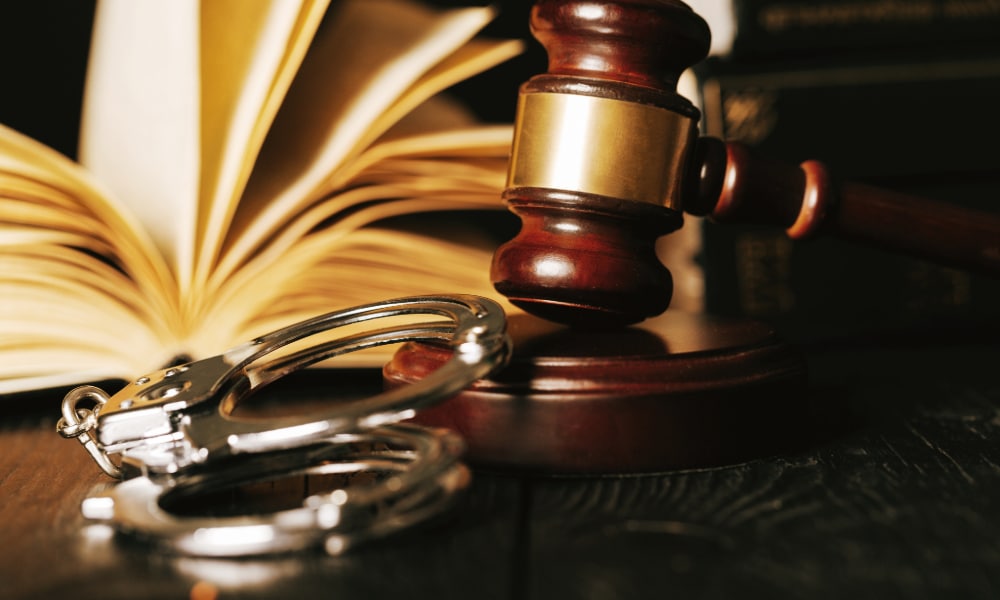
If you are convicted of a drug crime in Maine, your sentence will depend on four main factors: the type of drug involved (classified into four schedules), the amount of[...]

Any criminal charge for a drug-related offense is a serious matter in Maine,but how consequential the outcomes can get may depend on whether the charge is filed at the state[...]
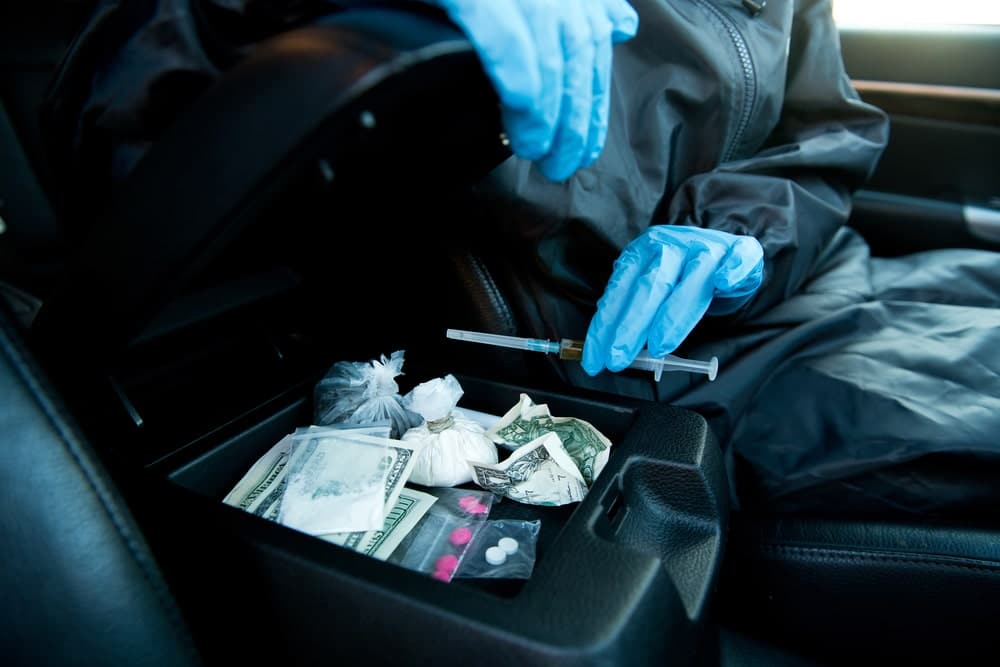
Search & seizure rules are enshrined in the U.S. Constitution and are intended to discourage the government (and law enforcement officials) from overstepping their powers and invading people’s privacy. They[...]
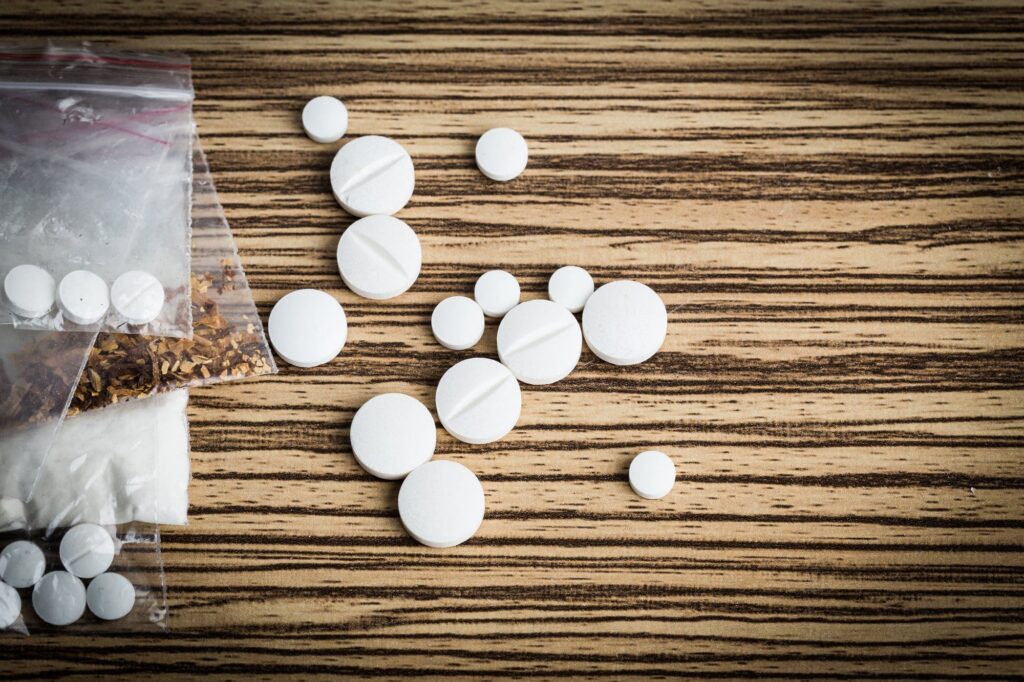
Maine Drug Scheduling: What You Need to Know When most people think of drug crime classifications, they automatically assume it references the worst types of drugs (heroin, cocaine, LSD, etc.).[...]
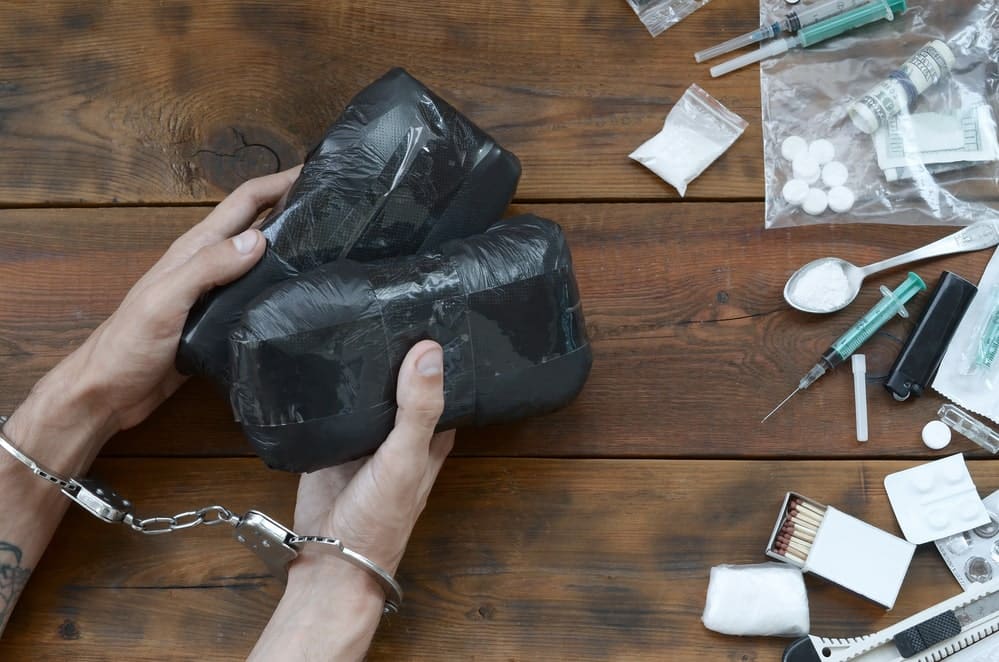
In this post, we will survey Maine’s laws on the possession and trafficking of “scheduled drugs,” and then discuss the classification and possible punishments for drug related crimes. Drug crimes[...]
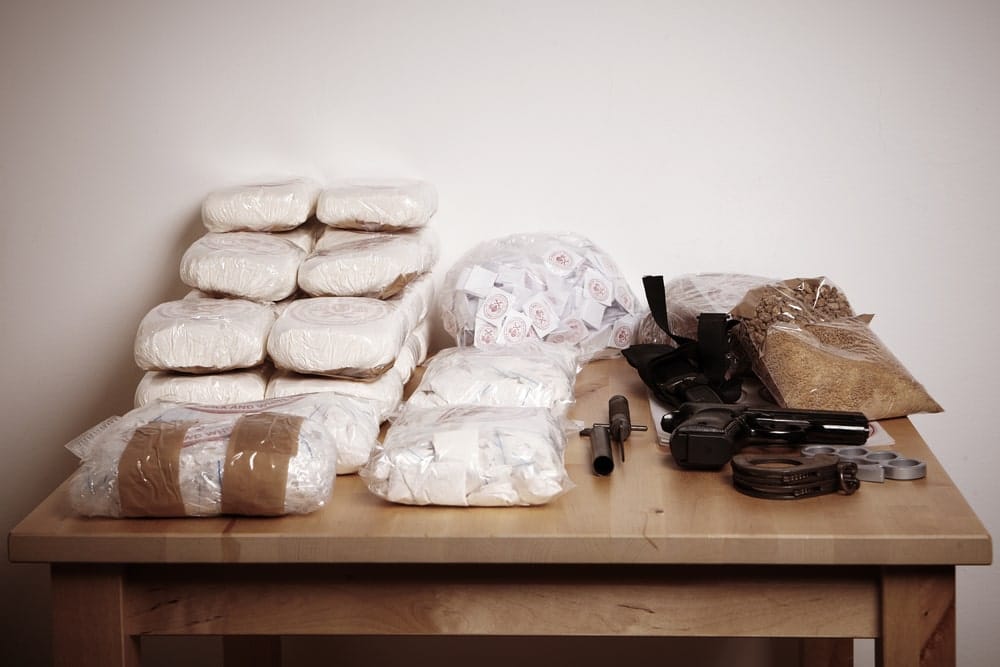
Drug Trafficking Penalties in Maine: What You Need to Know Being charged with drug trafficking in Maine is a serious legal matter that can result in harsh penalties, including significant[...]
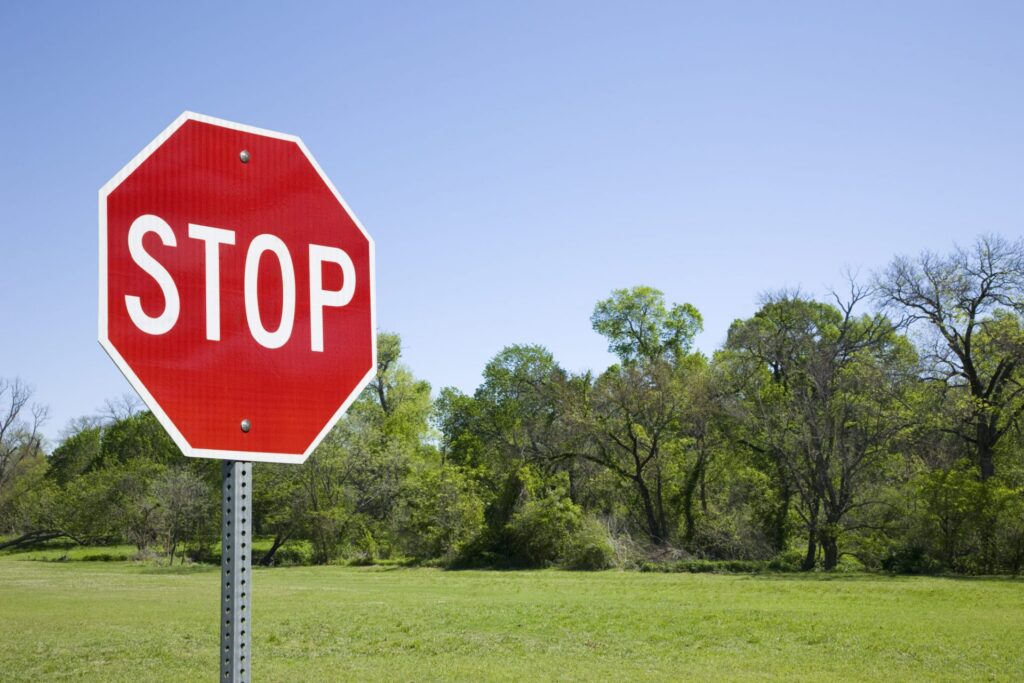
A recent traffic stop in Maine bears a sharp resemblance to a traffic stop that the Supreme Court of the United States had decided was a violation of the Fourth[...]
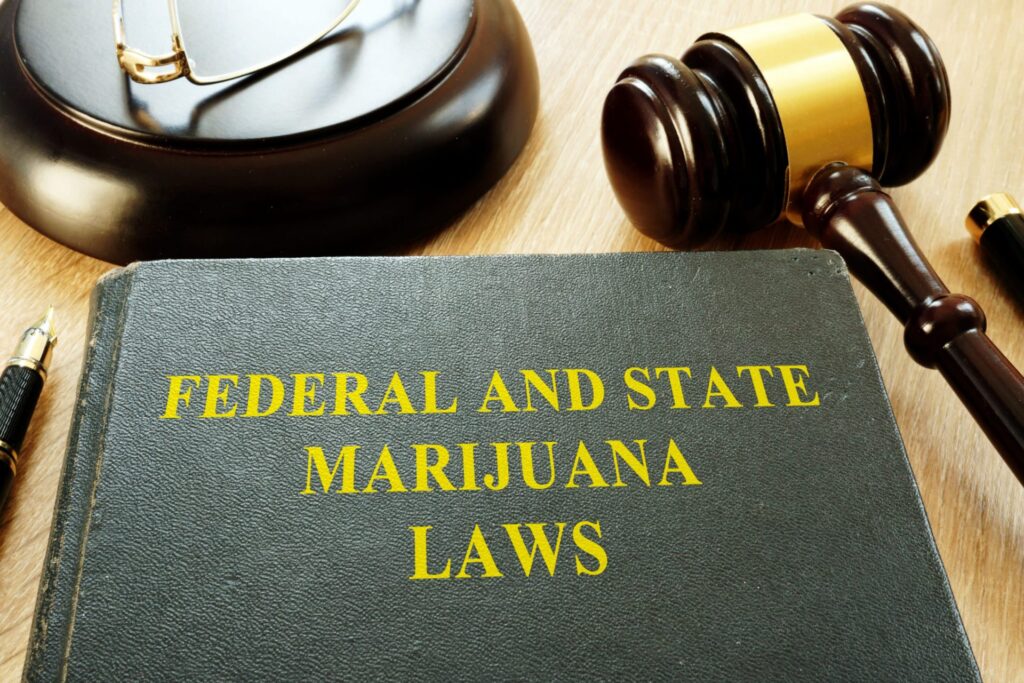
One of the most polarized and confusing aspects of the American criminal justice system today has to do with marijuana. In the past 20 years alone, 28 states in the[...]
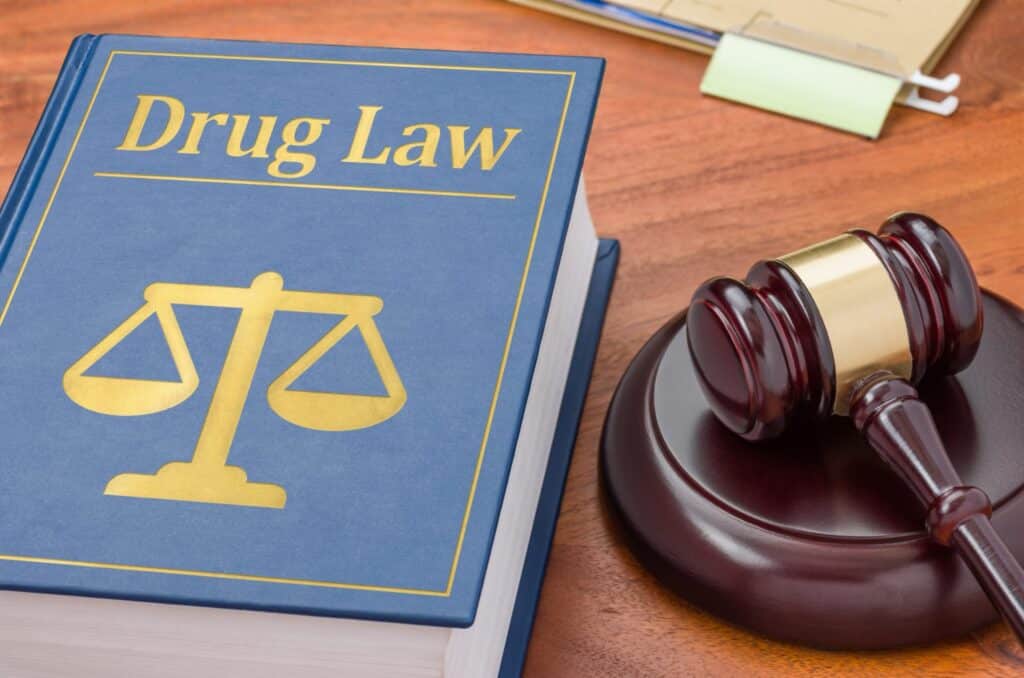
While policy decisions from the White House have been vague or difficult to follow, the new statement on the enforcement of federal drug laws is pretty clear: The Department of[...]
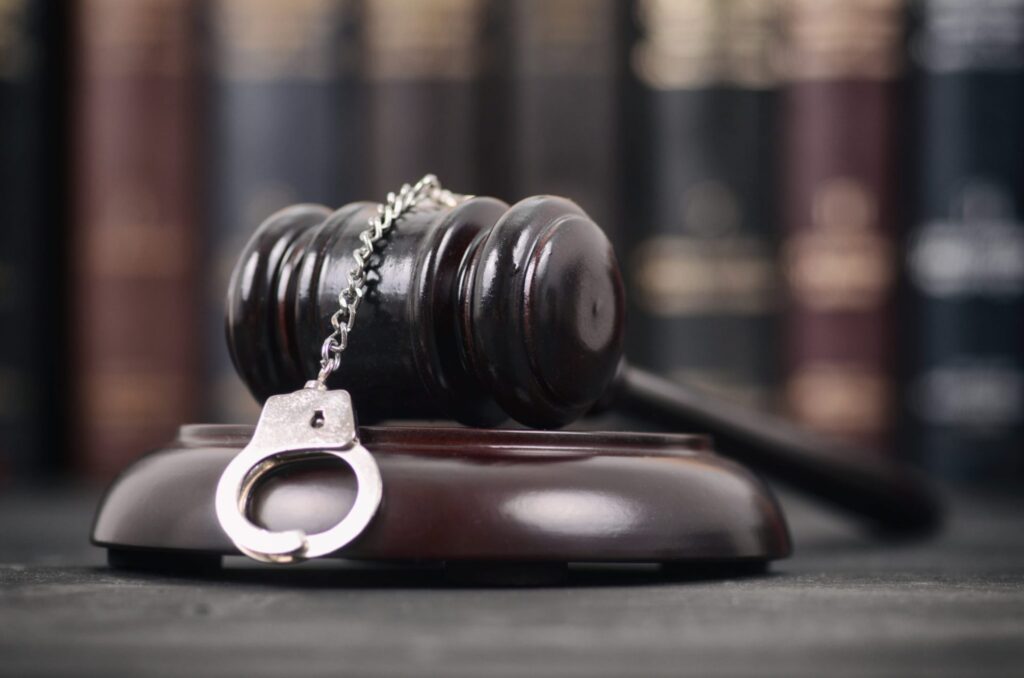
Out of all of the cabinet appointments that president-elect Donald Trump has made, none is more important to the freedom of the people of Maine than that of Senator Jeff[...]
